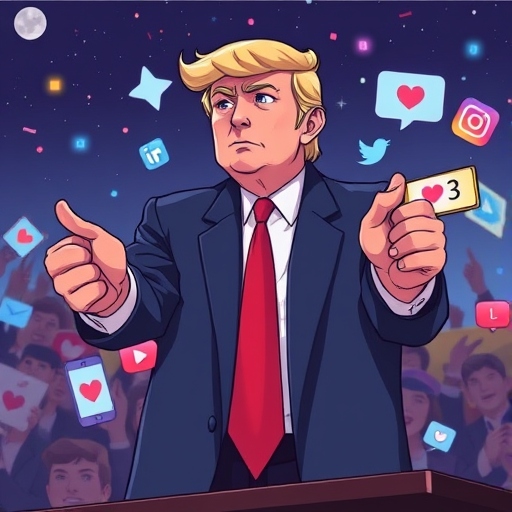
As the political landscape in the United States evolves, particularly with Donald Trump's recent return to the public spotlight following his campaign for the forthcoming presidential election, an old debate resurfaces: the issue of censorship and shadow banning on social media platforms. These platforms have come under scrutiny as concerns arise about their influence on public discourse, particularly regarding individuals whose voices may have been curtailed during the pandemic lockdowns. This article seeks to analyze whether Trump's presidency could result in lifted shadow bans on social media and the broader implications of free speech in the digital age.
Understanding Shadow …
As the political landscape in the United States evolves, particularly with Donald Trump's recent return to the public spotlight following his campaign for the forthcoming presidential election, an old debate resurfaces: the issue of censorship and shadow banning on social media platforms. These platforms have come under scrutiny as concerns arise about their influence on public discourse, particularly regarding individuals whose voices may have been curtailed during the pandemic lockdowns. This article seeks to analyze whether Trump's presidency could result in lifted shadow bans on social media and the broader implications of free speech in the digital age.
Understanding Shadow Bans
A shadow ban refers to a covert practice where an individual’s visibility is significantly reduced without their knowledge. The user can still post content, but their reach to potential followers and engagement with their existing audience is minimized. This phenomenon is particularly prevalent on platforms like Facebook, Instagram, Twitter, …